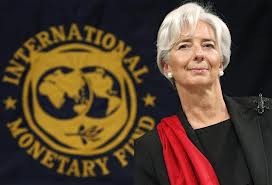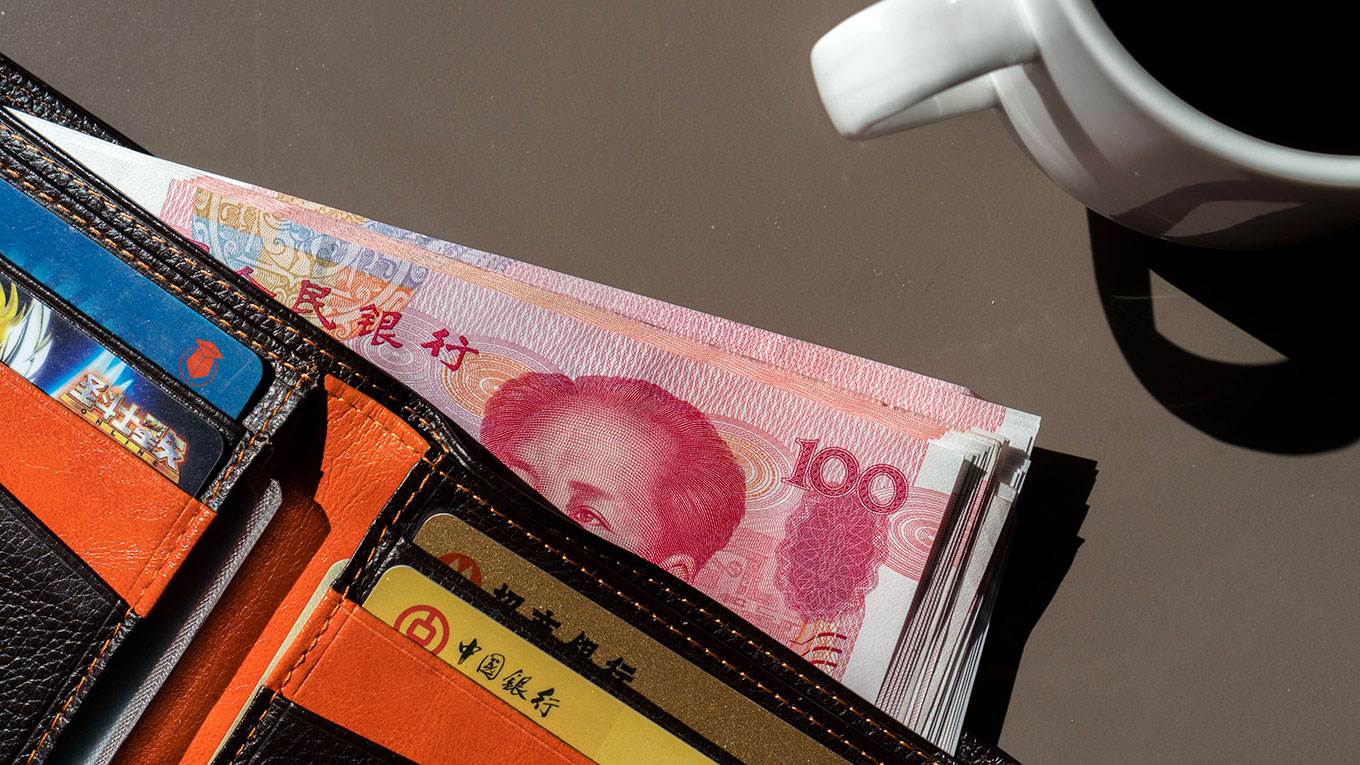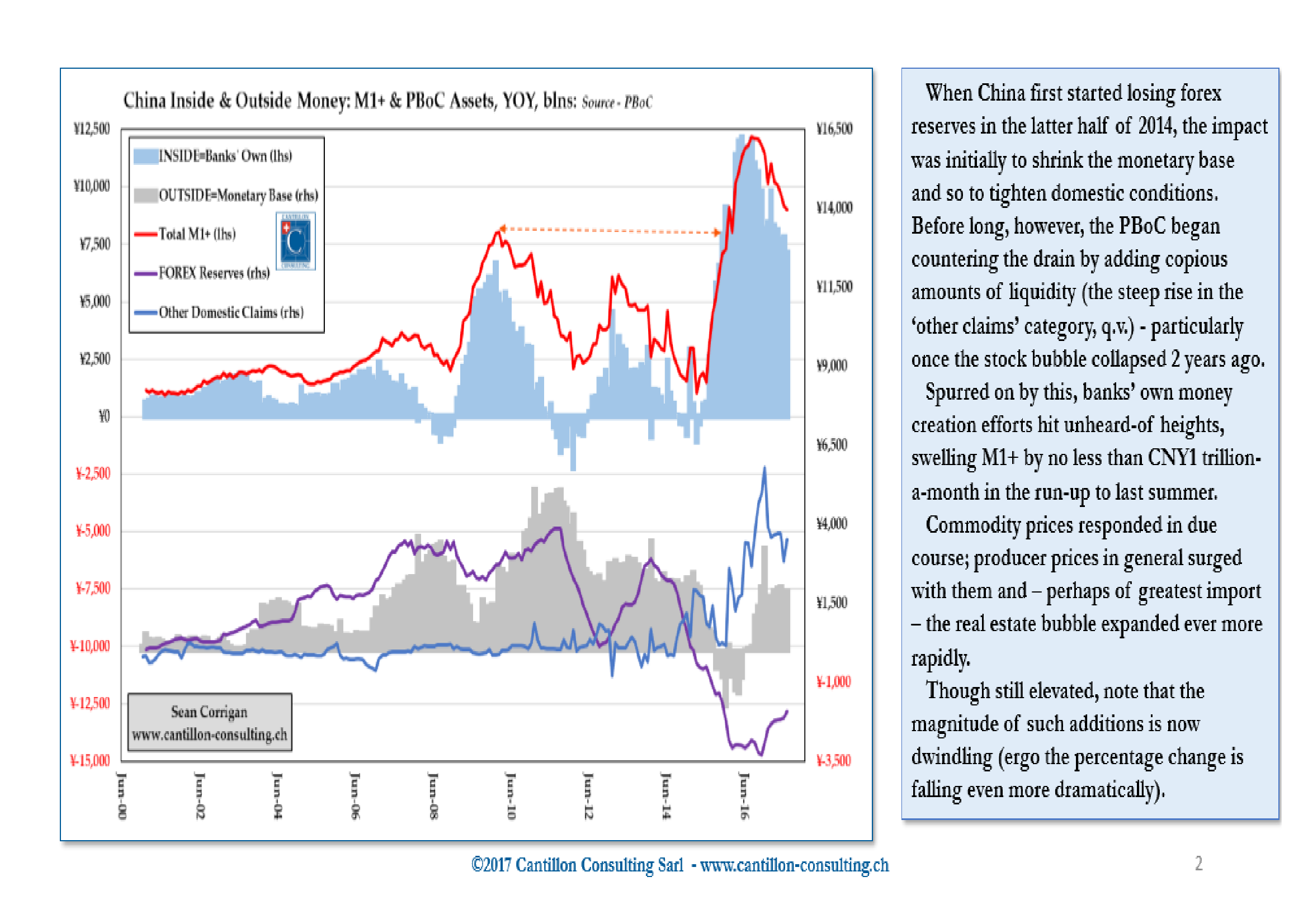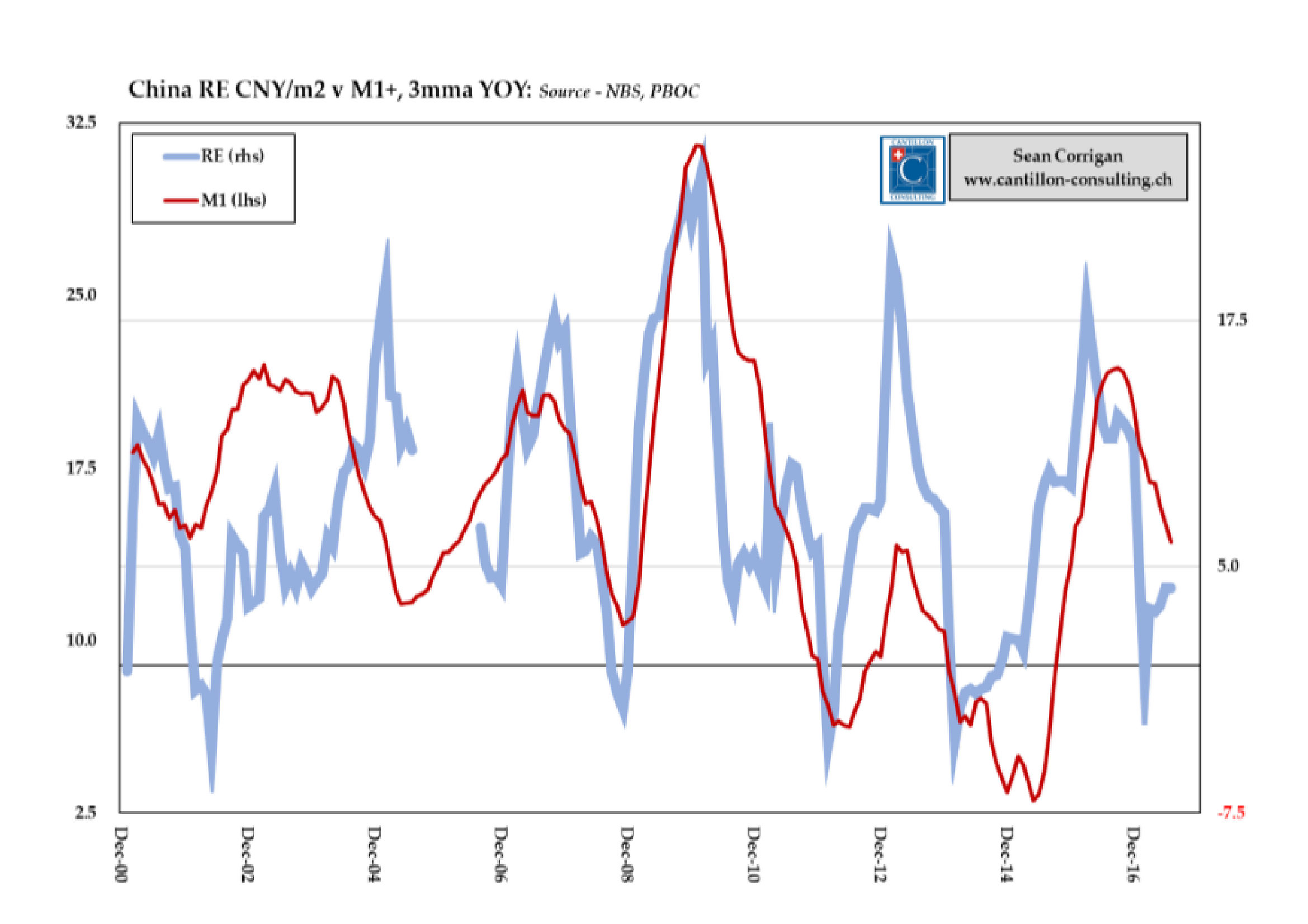After years of setbacks and delays, China may be days away from launching a yuan-priced crude oil futures contract to make its currency more international and challenge the dominance of the petrodollar.
Many Chinese investors eagerly anticipate the start of yuan oil futures trading on the Shanghai International Energy Exchange, with hope it will come just in time for Christmas, when western markets will be either closed or calmer than usual.
Although local investors can’t wait to pour yuan into another commodity contract, international investors may not be as eager because it is not clear yet how much freedom China would allow in that trade. International traders may have to swallow Chinese intervention on the markets or rigid capital controls, Bloomberg reported last week.
In July, the Shanghai International Energy Exchange, INE, completed a four-step trial in crude oil futures denominated in yuan and said that it would carry preparatory works for the listing of crude oil futures, and would try to launch the contract by the end of this year.
The launch of the yuan oil futures contract will be a wake-up call for traders and investors who haven’t been paying attention to Chinese plans to create the so-called petroyuan and shift oil trade out of petrodollars, Adam Levinson, managing partner and chief investment officer at hedge fund manager Graticule Asset Management Asia (GAMA), said in October.
Although the petroyuan is not expected to immediately supplant the petrodollar, the world’s top oil importer launching a crude oil futures contract in its domestic currency is a sign that the Chinese want their yuan to play an increasingly important role in global trade, starting with the oil trade.
…click on the above link to read the rest of the article…














